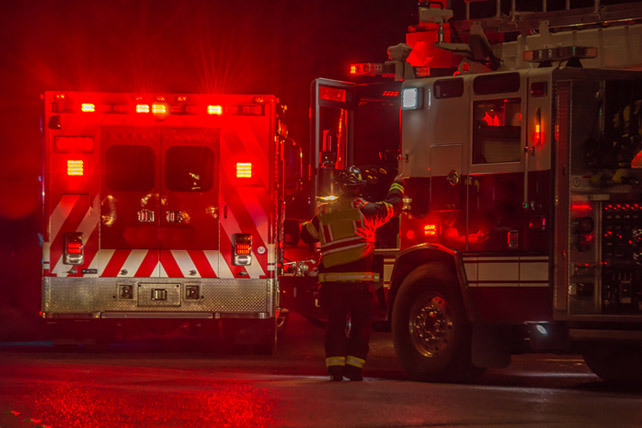I was leaving a restaurant when I received a crisis call about a serious accident in our community. The caller ended with, “Come quick!” I was a counselor educator at North Carolina Central University and had recently begun serving as a pastor at Tippett’s Chapel, a rural church. When I arrived, what I saw was surreal. The fire chief walked me to a grieving couple whose daughter had been killed. I spoke with them, prayed with them, and encouraged them to go home, where I met with them later. At the end of the evening, I remembered seeing several people from our church who knew the couple at the accident scene. In many ways, they could have helped the couple more effectively.
In Crisis: What do they need to know?
What does the average congregant need to know to help people through crisis and trauma? Most importantly is to embrace his or her call to be an ambassador of Christ (2 Corinthians 5:20) to those who do not know Him… and a burden bearer (Galatians 6:2) for those who do. When a tragic event takes place, they ask, “What can I do to help?” A shift from bystander to participant will take place when they become other-centered.
Next, we want to empower congregants by helping them identify and utilize the tools they have as Christians. God is at work within every Christian (Philippians 2:13), preparing them to help others. We want to shift away from the idea that only an expert can help. Often, the average person can assist in ways an expert cannot since they are a part of the community and have a rapport with the individual in need.
What do they need to do?
Observe: Just like Joseph observed the baker and the butler in prison (Genesis 40:6-7), we want our congregants to observe those in their neighborhoods, workplaces, schools, and even the Church. In an emergency, we want them to look for those in need and consider ways to help. Observe, but never gawk. If congregants are trying to assist someone at an accident scene, it might help to position their backs toward the action and face the person they are assisting. Later, we want them to observe the coping strategies that should be used following a crisis. For example—have they isolated themselves from others or engaged in negative, or even dangerous, coping activities?
Attend: Train congregants to “attend,” much like the friends of Job did immediately after the deaths of his children (Job 2:11-13). Concentrate on the power of presence, which is easier said than done. For example, after a house fire in our community on a cold night, some of our congregants attended to the family while the firefighters worked. The family had a difficult time leaving their home behind, so people stayed with them despite the elements. Another way of attending is to stay involved with someone after a loss. For example, a widow might withdraw from friends, saying she does not wish to be a “third wheel.” When we insist that those recovering from trauma join us for meals or trips (attend to them), they often improve.

